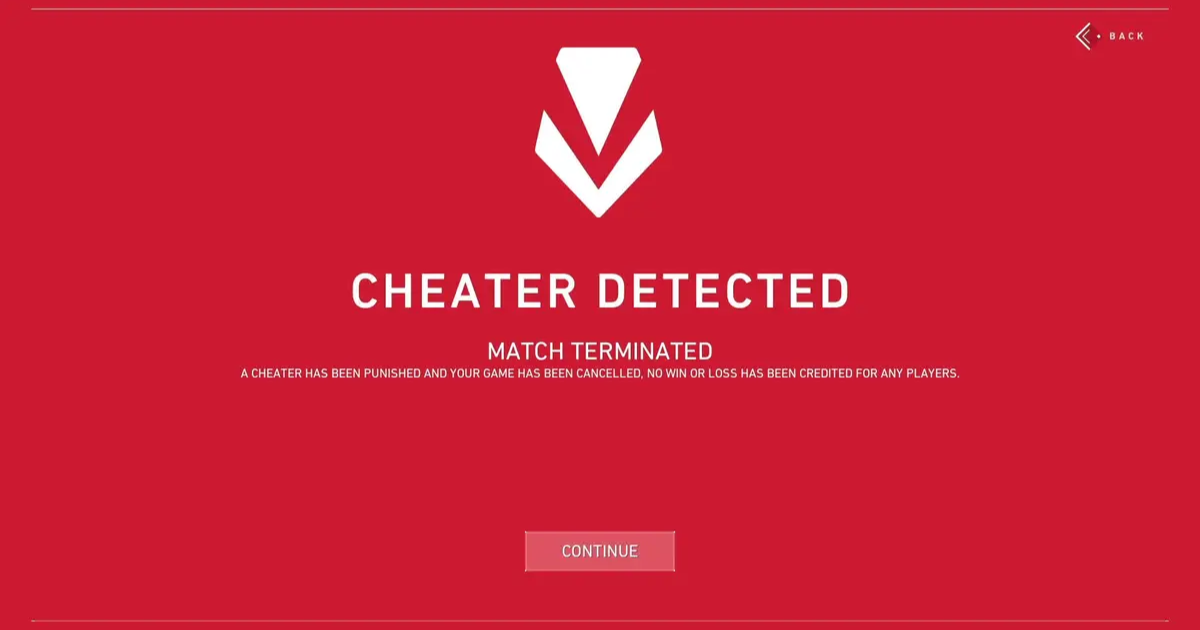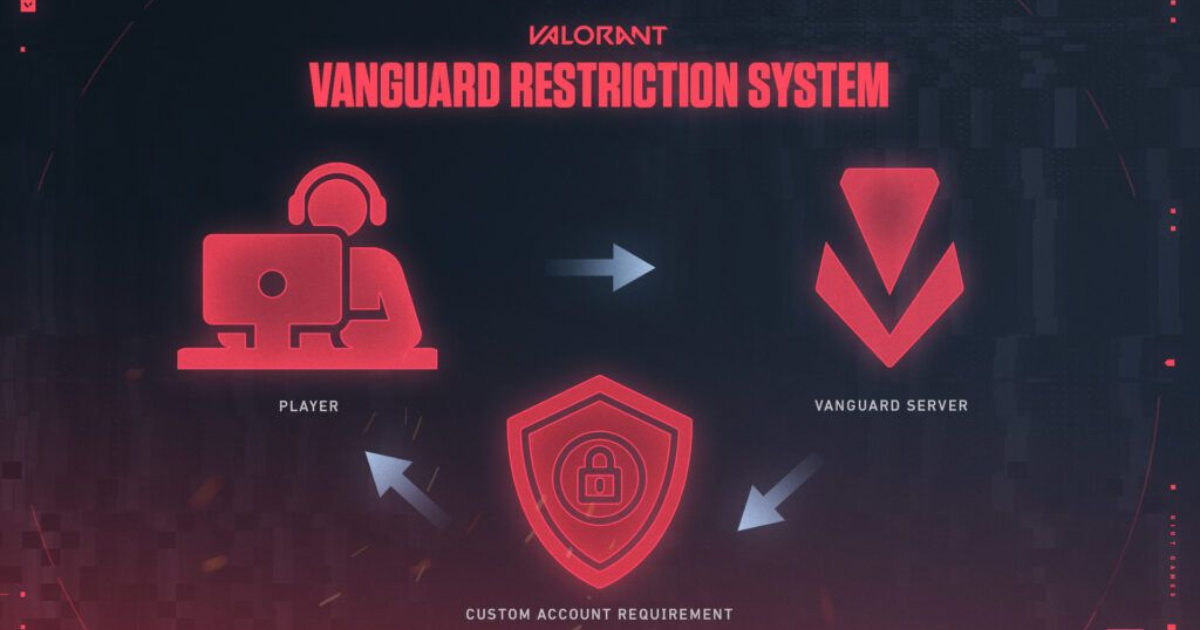The studio behind the hit multiplayer Games League of Legends and Valorant – Riot games – has taken a slightly different approach to combating cheaters and maintaining fair play. The company has a bug bounty program running for up to USD 100,000 for hackers who find flaws in Vanguard – the hero-shooter Valorant’s powerful anti-cheat system.
A Controversial Anti-Cheat Scheme
Riot’s anti-cheat solution Vanguard has already caused a stir among players because of its invasive nature. It is preinstalled on computers when users download Valorant and runs with elevated privileges, having direct access to most of the user’s hardware to look for cheats.
This level of access has sent warning signs to many players concerned about possible privacy breaches. Although Riot says Vanguard doesn’t store or process any personal data beyond what League of Legends already uses for its anti-cheat system, the fact that it launches straight away after the computer boots up has some people scratching their heads.
Riot has defended Vanguard’s intrusive approach, saying it’s necessary to keep things fair and cheat-free in gaming. But the developer’s assurances have done little to calm privacy-conscious players unwilling to allow such broad access to their systems.
A Trade-Off That Is Absolutely Necessary?
Even though some players have complained that Vanguard is too intrusive, Riot says the trade-off is needed to keep competitive integrity in their games. They feel the intrusive nature of the anti-cheat system will not deter as many players as they can attract by providing a cheat-free gaming experience.
While Riot Games continues to publish Vanguard for League of Legends along with other titles, the bug bounty program is one way to avoid future security problems while also preserving player trust. But whether players will accept this privacy trade-off for fair gameplay remains to be seen.
Ethical Hacking Debate
The Vanguard bug bounty program has rekindled the discussion about ethical hacking and software security bug bounty programs. Although some feel these programs reward malicious activity, others believe they make it easier for hackers to report vulnerabilities legitimately and thus contribute to security.
Bug bounty programs are argued to provide a secure environment for security researchers to report vulnerabilities so that they are able to be used for legitimate research instead of private gain/harm. By providing financial incentives, companies can tap into the hacking community’s expertise and bolster defenses against threats.
Critics, meanwhile, claim these shows blur the distinction between ethical and illegal hacking and may attract bad actors driven by money. There are also concerns of exploitation, with hackers finding and posting vulnerabilities, then turning around and exploiting them after being paid.
Conclusion
As the gaming industry struggles with fighting cheaters and fair play, Riot’s approach is a reflection on the potential benefits and risks of such initiatives. Whether other game developers will follow suit and just how the larger gaming world will react to such efforts remains being seen.









